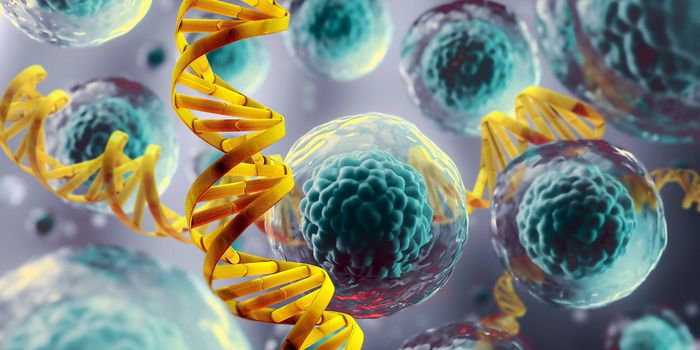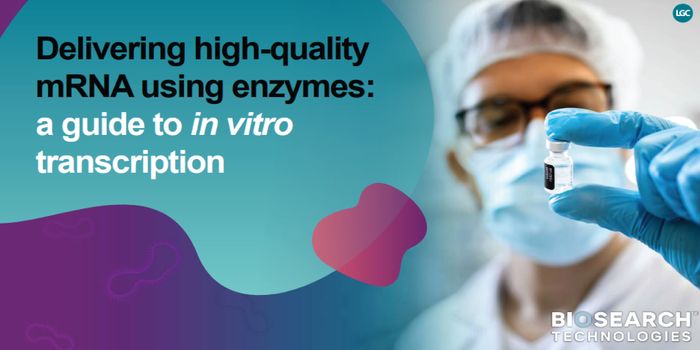Laughing Gas Shows Promise in Rapid Relief of Treatment-Resistant Depression
Researchers led by the University of Chicago Medicine and Washington University have found that low doses of laughing gas, also known as nitrous oxide, can relieve symptoms of treatment-resistant depression at the same rate as higher doses of the substance.
Nitrous oxide is an N-methyl-D-aspartate receptor (NMDAR) antagonist and works by blocking the NMDAR. The gas works in a similar way to stronger anaesthetic ketamine, which is also known to treat depression via the FDA-approved intranasal spray treatment, Spravato.
Previously, the researchers involved in the present study had tested the effects of a one-hour inhalation session of 50% nitrous oxide on 20 patients with depression. In doing so, they found that patients saw rapid improvements in their symptoms lasting at least 24 hours in comparison to a placebo. However, several patients also experienced negative side effects such as nausea, vomiting and headaches.
Inspired by research on ketamine and depression, the researchers thought to see whether lower doses of nitrous oxide could maximise clinical benefits and minimize negative side effects. They thus set out to find the ‘Goldilocks spot’ for nitrous oxide as a treatment for depression.
To do so, they repeated a similar protocol with 20 patients, only this time, giving each patient an additional inhalation session with 25% nitrous oxide. In the end, they found that the smaller dose was just as effective as the 50% treatment, and resulted in just a quarter of the negative side effects.
“The reduction in side effects was unexpected and quite drastic, but even more excitingly, the effects after a single administration lasted for a whole two weeks,” says Peter Nagele, one of the researchers behind the study. “This has never been shown before. It’s a very cool finding.”
“There is a huge unmet need. There are millions of depressed patients who don’t have good treatment options, especially those who are dealing with suicidality. If we develop effective, rapid treatments that can really help someone navigate their suicidal thinking and come out on the other side — that’s a very gratifying line of research.”









